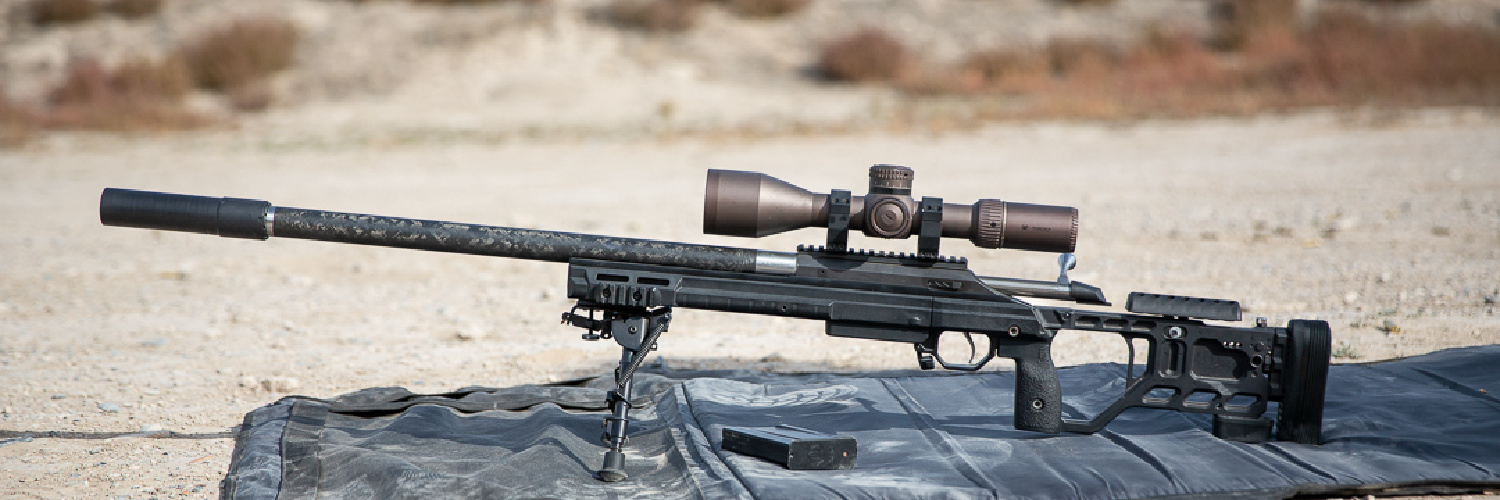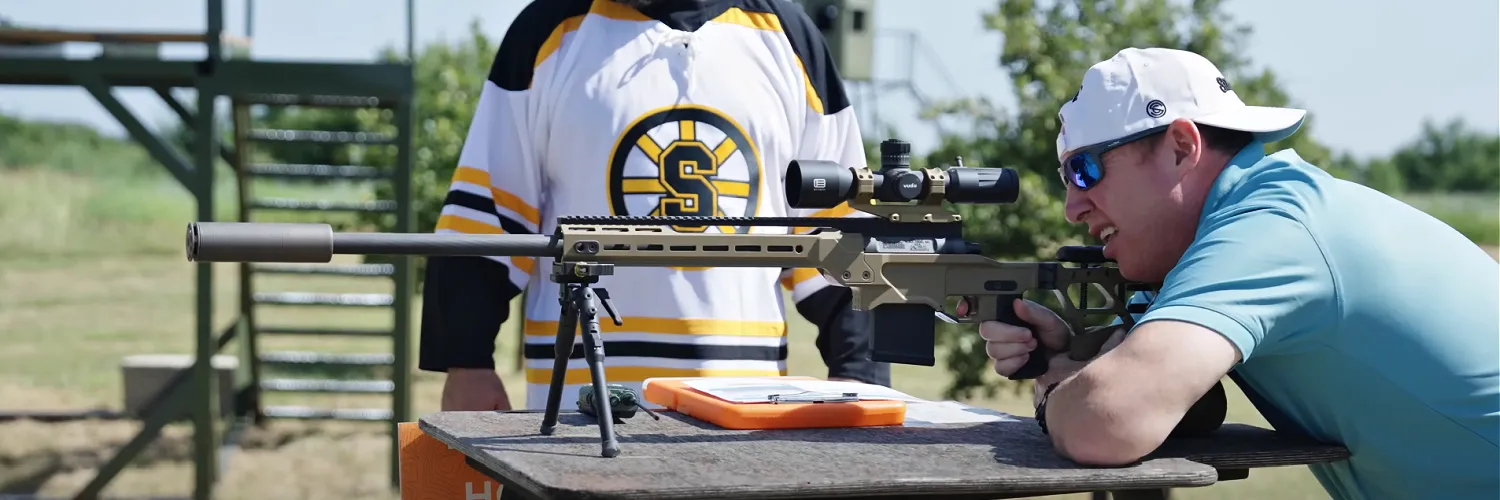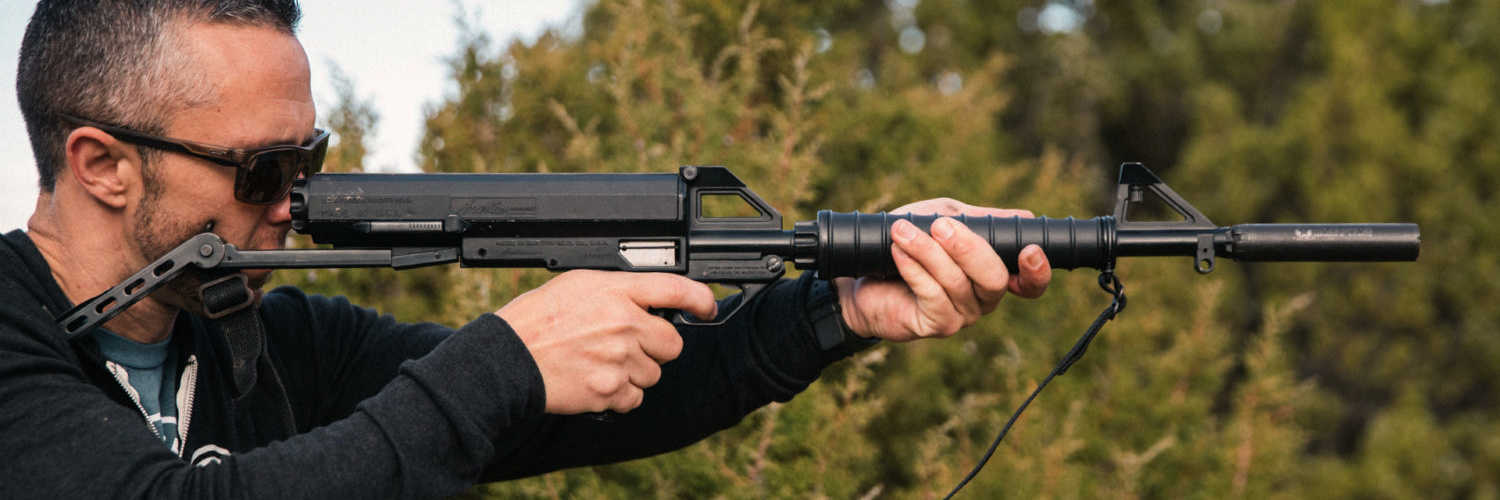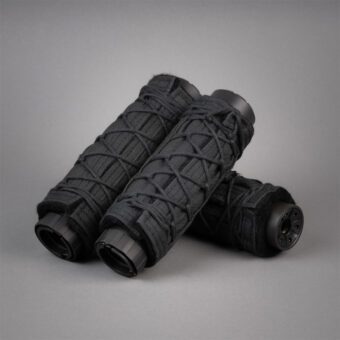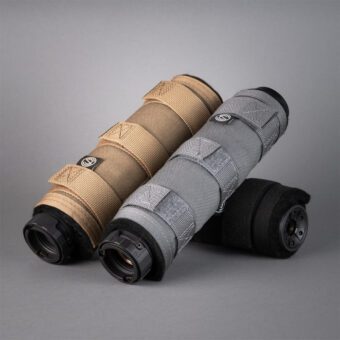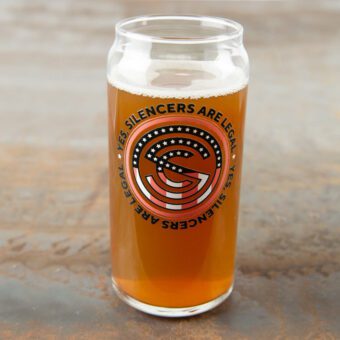Home / NFA & Silencer Laws / ATF eForm and Form 4 Process
ATF eForm and Form 4 Process
ATF eForm and Form 4 Process
Home / NFA & Silencer Laws / ATF eForm and Form 4 Process
Every year, thousands of new suppressor owners navigate the ATF Form 4 process and embark on their journey of suppressed shooting. And though it may seem confusing at first, it’s worth it to take the time to understand the steps involved.
Equipping your firearm with a silencer is a great way to protect your hearing, and the Form 4 process is an essential step in exercising your rights to own suppressors and firearms.
Let’s go through the Form 4 process to give you a better idea of what you can expect while filing the paperwork, as well as what the current wait time is for ATF response.
What are ATF eForms / Form 4s?
The Form 4 is the paperwork required by the ATF when you’re purchasing an NFA (National Firearms Act) item. Completing the Form 4 includes providing information such as your name, address, and social security number but also requires a fingerprint card, background check, and tax stamp.
The tax stamp is a literal stamp that’s affixed to your paperwork if your request is approved. There’s a price attached to the tax stamp itself—it costs $200, a price it’s had since it was originally put in place in 1934.
It’s important to understand that the ATF Form 4 — also known as the ATF Form 5320.4 — isn’t a guarantee of anything. The Form 4 is an application and it’s up to the discretion of the ATF whether or not it’s approved. Also, this paperwork must be filed through a qualified FFL (Federal Firearms License).
The Form 4 is available as an eForm, meaning it can be filled out and filed digitally rather than only by mailing in paperwork.
What Items Require an ATF Form 4?
There are quite a few NFA items that you’ll have to fill out the ATF Form 4 for. This includes:
- Silencers
- Short-barreled rifle (SBRs)
- Automatic firearms
- Short-barreled shotgun (SBS)
- Destructive devices
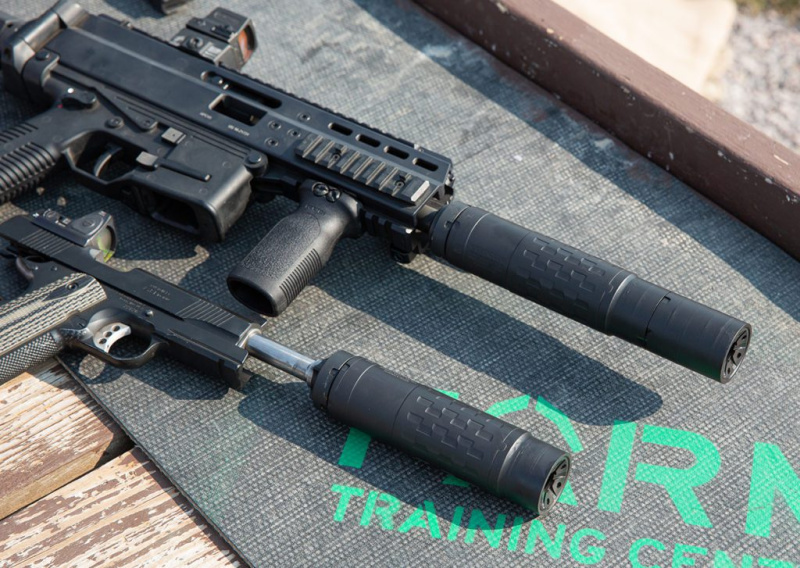
What is the ATF Form 4 Process?
The ATF Form 4 process might seem daunting at first, but as long as you follow the basic steps you’ll find it’s simpler than it appears.
- Buy your silencer. The dealer will hold it until the ATF approval process is complete.
- Fill out the ATF Form 4 with necessary details.
- Submit the Form 4 along with fingerprint cards, passport-style photographs, and $200 for the Tax Stamp. Include necessary NFA Gun Trust information, if applicable.
- If approved, the ATF will affix a tax stamp to the Form 4 and return it to your dealer.
- Pick up your silencer.
The process is mandated by federal law and is overseen by the ATF, so you’re going to have to do it to get a silencer. Keep in mind that any errors can result in denials and delays, so take care to fill the form out slowly and confirm all information.
Check out our How To Buy page for more information.
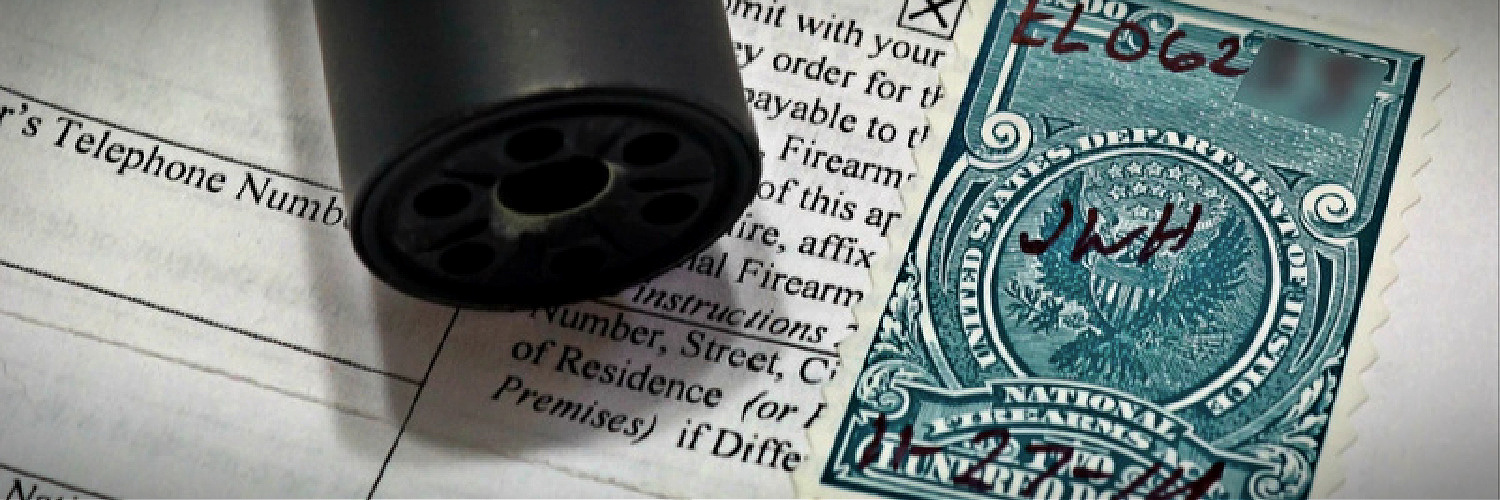
When Do I Need To Submit a Form 4?
The ATF Form 4 must be filled out and submitted if you’re purchasing a silencer or other NFA item. You fill out the Form 4 and pay the tax stamp fee when you pay for your NFA item — but you can’t take that item with you, not yet. After you pay for your silencer and fill out the Form 4, the silencer stays with the dealer until you receive an approval and tax stamp from the ATF.
Most dealers can help you with things like the required fingerprint cards and passport-style photos, which makes it a lot easier.
ATF Form 4 Wait Times
The expected wait time for the ATF eForm and Form 4 process varies a lot. Sometimes it takes months — up to nearly a year — while others it’s quick.
As of July 1, 2024 the eForm Form 4 Individual wait time listed by the ATF is approximately 60 days. However, there are times the form is approved in less than a week or even a matter of days. It simply depends on the work load of the ATF and the agent reviewing your paperwork.
The ATF states they hope to further streamline and expedite the eForm process in the near future. As fast as the process tends to be right now, it’s an ideal time to purchase a SilencerCo suppressor. The faster you select and buy your SilencerCo suppressor, the sooner you can get your approval and start using it.
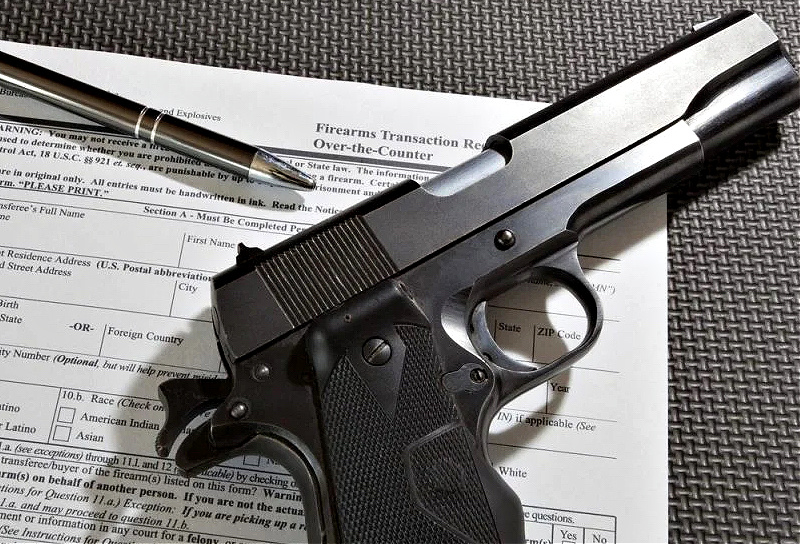
What Is an NFA Gun Trust?
An NFA gun trust is a legal entity that can hold assets, such as firearms and silencers. Using a gun trust can be a useful option for those looking to purchase a silencer.
When setting up an NFA gun trust, you will need to appoint a trustee. That person will be responsible for managing the gun trust and its assets. Once the gun trust is established, you can then use it to purchase a silencer. The NFA gun trust is considered a legal entity, rather than an individual.
The main advantage of using an NFA gun trust is that it can allow multiple people to possess and use the silencer. This is because the gun trust can name multiple people as responsible persons and allows you to add responsible parties who are legally allowed to possess the items in the trust. This can be useful for families or groups of friends who wish to share ownership of a silencer. The NFA gun trust can also be used to pass down silencers and other NFA and non-NFA firearms and assets.

With a NFA Gun Trust, Do I Still Need To Pay the $200 Tax Stamp?
When using an NFA gun trust for the ATF eForm or regular Form 4 process, you still pay the $200 tax stamp fee and have fingerprints and photos taken of the Responsible Person(s) listed as trustees on the NFA gun trust. The tax stamp applies to the item, not the person, so you don’t have to pay a tax stamp fee for every responsible person you list.
Other ATF Forms
There are several ATF forms required for various firearm-related processes, including the ATF Form 1 for making and registering a firearm, ATF Form 4 for tax-paid transfer and registration, and ATF Form 7 for applying for a Federal Firearms License. Other forms cover importation, exportation, and transport of firearms, as well as applications for explosives licenses and marking variances. Each form serves a specific purpose in regulating firearms and explosives.
ATF Form 1
The ATF Form 1 is the form used when you want to make and register a firearm. It’s specifically used for the manufacture of NFA items like if you’re making your own SBR (short-barreled rifle) or SBS (short-barreled shotgun). The form includes relevant details about the firearm in question such as serial numbers of serialized parts, barrel length, and caliber. It also includes information you’d expect such as your name, address, and social security number.
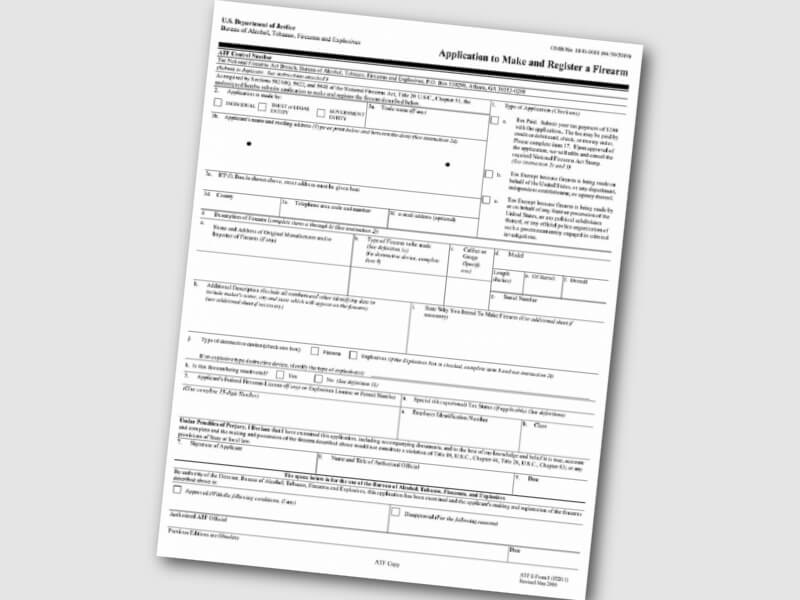
ATF Form 3
The ATF Form 3 is the paperwork used to transfer an NFA item between FFLs. It’s for tax-exempt transfer and is part of the legal process of moving something like a suppressor from one qualified FFL to another or from an FFL to a government agency. It’s also the form used to transfer a silencer from a manufacturer to a dealer. At the time of this writing the average turnaround time on the Form 3 is between five and 15 days.
If you have any questions, speak to a qualified FFL or an attorney who specializes in this area.


